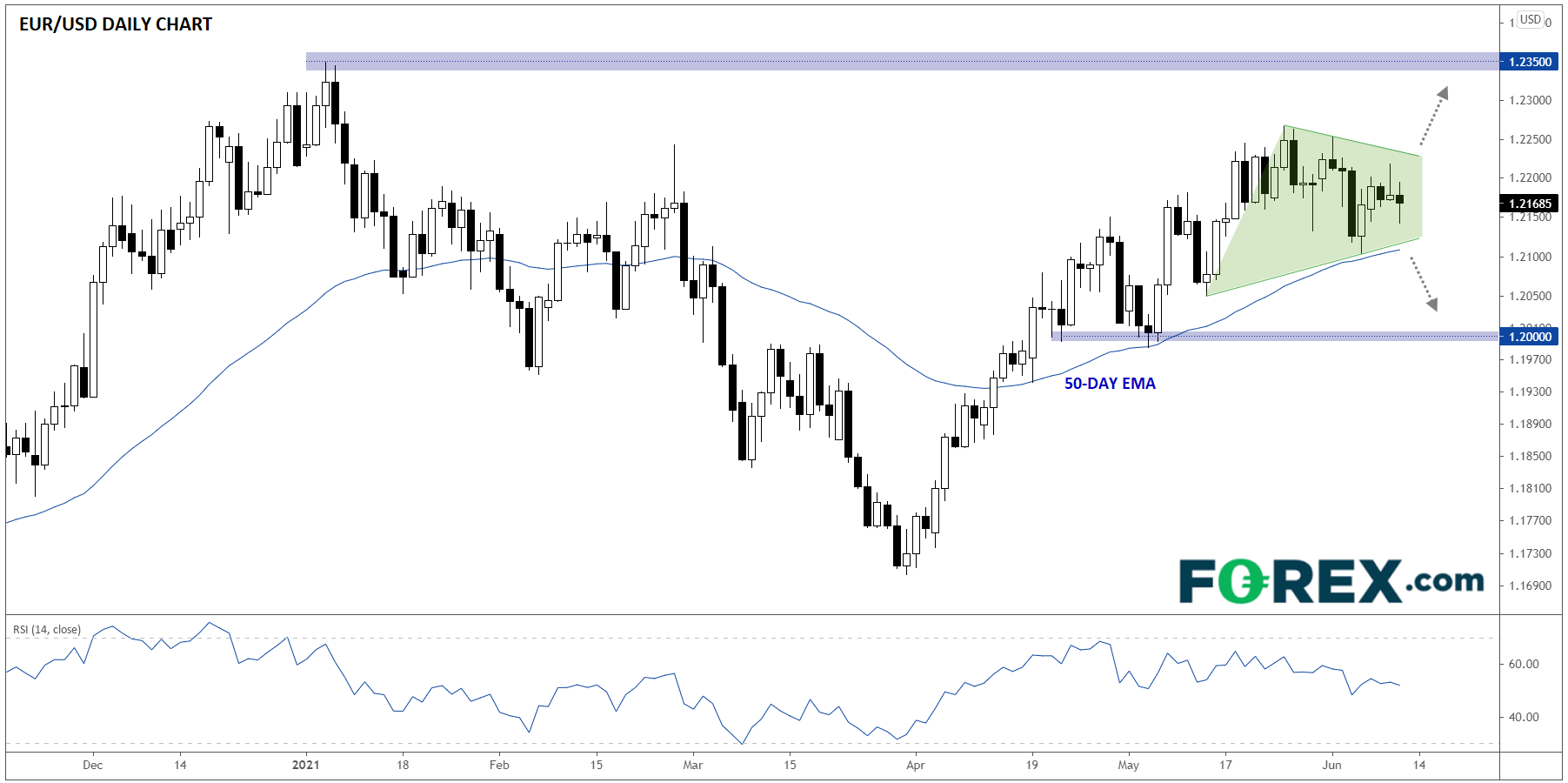
This week’s marquee economic release, the May US Consumer Price Index (CPI) report, came in hotter than expected at 5.0% year-over-year. Meanwhile, the so-called “core” CPI, which filters out volatile food and energy prices, also printed above expectations at 3.8% y/y.
This marks the second consecutive month with hot inflation readings, something the Federal Reserve has said it expected to an extent, but the key question for traders is whether these increasing price pressures are the start of a sustained trend or merely “transitory” readings driven by economic reopening, base effects, and temporary supply chain disruptions.
Digging into the data, there’s a strong case that US inflation is still transitory, though as each month passes, there is a growing risk that these price pressures become entrenched. Much like last month, used cars alone accounted for a substantial portion of the increase in prices (0.9% of the headline CPI increase and 1.1% of the core CPI reading). These increases are likely temporary due to the COVID-driven shortage of chips that is already easing, so as automakers ramp up supply in the coming months, these increases should moderate.
Market reaction
Looking at this morning’s price action, traders seem to agree with the “transitory” interpretation, with yields on both the 2- and 10-year Treasury bonds trading marginally lower on the day while the US dollar holds steady against its major rivals.
Keying in on EUR/USD, the world’s most widely-traded currency pair, prices appear to be coiling for a big breakout in the coming days. The pair has formed a symmetrical triangle pattern over the last week; For the uninitiated, this pattern is similar to a person compressing a coiled spring: as the range continues to contract, energy builds up within the spring. When one of the pressure points is eventually removed, the spring will explode in that direction.
It’s notoriously difficult to predict the direction of a symmetrical triangle breakout in advance, but markets tend to see large moves following a breakout in either direction. Accordingly, readers may want to wait for a potential breakout (potentially around next week’s highly-anticipated FOMC meeting if it holds until then) and then hop aboard the new short-term trend once it emerges. To the topside, bulls may look to target the top of the year-to-date range around 1.2350 if we see a bullish breakout, whereas the May lows near 1.2000 would be a logical short-term target in the event of a bearish breakdown.

Source: TradingView, StoneX
How to trade with FOREX.com
Follow these easy steps to start trading with FOREX.com today:
- Open a Forex.com account, or log-in if you’re already a customer.
- Search for the pair you want to trade in our award-winning platform.
- Choose your position and size, and your stop and limit levels.
- Place the trade.




